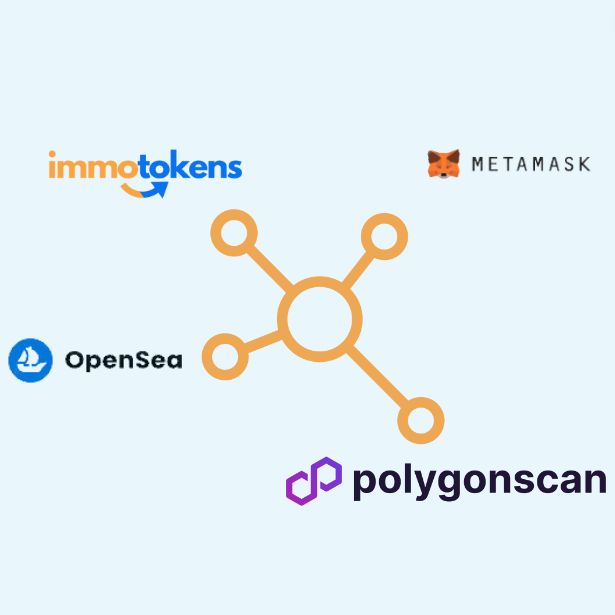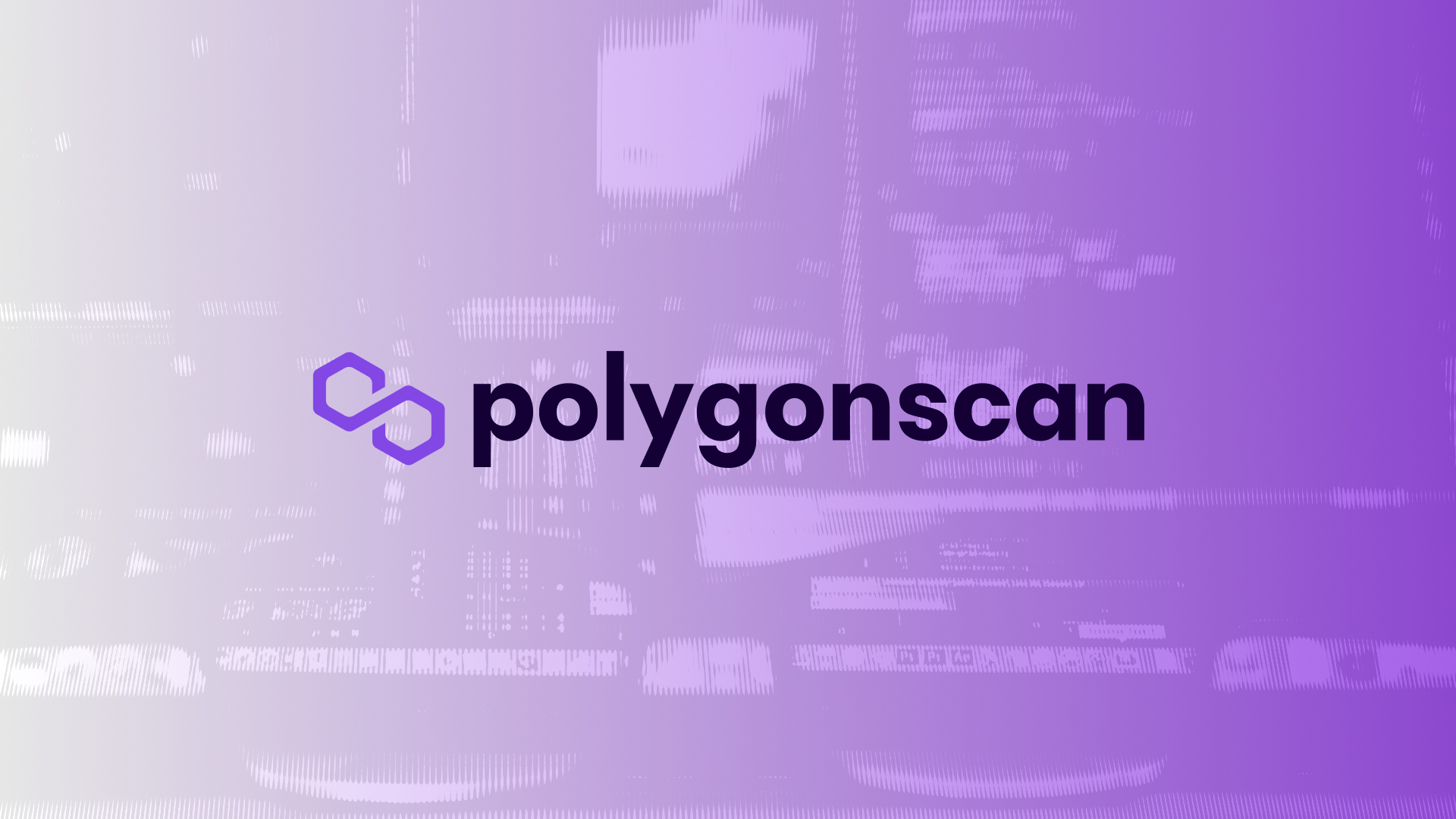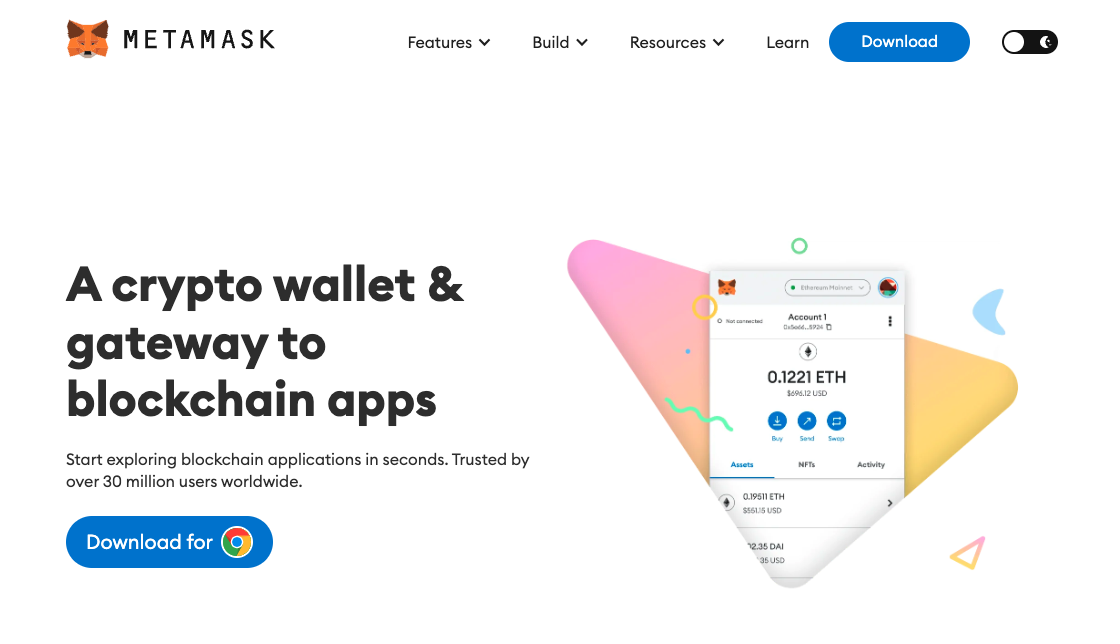We don't have to go that far into the past to go back to the days when hardly anyone had heard of the term "the".tokenizen". Today, it is safe to say that tokenisation has transformed the fundamental approach to investing. The influences of tokenisation of physical assets on the economy are significant. Find out what the consequences (read: your opportunities) are below.
What is tokenisation?
Tokenisation is a sales technique whereby the value of a physical good or share is divided into tokens to lower the threshold to invest in it. These tokens are sold at a lower value than the actual value of the physical good or share. This is of course because the entire value is divided into tokens. In this way, a partial investment is created and there is a shared profit if this investment is eventually sold at a higher amount than its original value.
Influences of the decentralised economy
If we consider the economic developments of the last period, we see a clear movement towards decentralised applications. Just the increased interest in using the blockchain technology in real estate is a striking example of this. There is a good explanation for this movement. After all, a decentralised economy offers many practical opportunities. The possibilities of cryptocurrencies quickly emerge, but they go far beyond a cashless society. After all, more and more physical assets can be represented digitally. This is the aspect where tokenisation comes into the picture.
Consequences of tokenisation for the financial market
The impact of tokenisation on the financial market is great. One of the most important consequences is that it will transform the entire financial market. A completely different approach is taking shape, often involving the use of decentralised blockchain technology. Although there is the issue of a blockchain token, in the case of tokenisation it is given a contemporary twist. After all, the tokens serve as a repository of value in addition to carrying the associated rights. In the case of tokenisation of physical assets, the real assets remain outside the chain. So there is no question of a complete digitisation, as is the case with the application of blockchain technology (e.g. with cryptocurrency) may be the case.
Impact of issuing tokens to finance assets
The impact of issuing tokens to fund physical assets is great. This new form of (limited) value issuance fulfils a great need and improvement of efficiency and transparency in asset management. In addition, it makes it a lot easier to invest on a broader basis without limited liquidity being a limited stumbling block. In practice, this means that tokenisation will play a crucial role in improving accessibility in asset investment options. The lower minimum investment amount and a shorter defined minimum period could significantly lower the threshold for those interested in asset management. Another aspect that will be affected by the issuance of tokens to fund physical assets is the possibility of carrying out transactions more quickly and cheaply without sacrificing transparency and accountability.
Using tokens a step into the future
Given that using tokens to finance physical assets fulfils many needs, we can safely say that this is a step into the future. This option will have a major impact on the economy. Of course, the ever-growing digital wave and the global need to perform every activity digitally are making a significant contribution to this. The tokenisation of physical assets is going to be able to bring a large part of the same assets to the digital platforms at a rapid pace. Are you ready for the future and will you step on this express train?
How Immotokens applies tokenisation
The best way to explain the application of tokenisation is through a practical example. Here we focus on the way Immotokens uses tokenisation. After all, at Immotoken you can get a investment in real estate. You do not buy an entire building to rent it out, but a part of it. For this purpose, you purchase a real estate token. The entire real estate token is a complete investment in a property. This property is then rented out, generating a passive source of income. The amount of this income depends on the amount of your share in the investment in the property in question. This distribution is also called tokenisation. Your token yields proportionally as much as a classic real estate investment. In the case of the Immotokens concept, the knife cuts both ways. Not only do you receive the monthly rental income, but after a number of years the property is sold. From these proceeds, you will of course receive your sale value including the capital gain. You only have to follow the state of affairs on the current housing market a little to know that this is a very interesting option!
Do you have any questions about our offer and/or are you interested in discussing the possibilities with us, without any obligation on your part? Then feel free to contact us.



